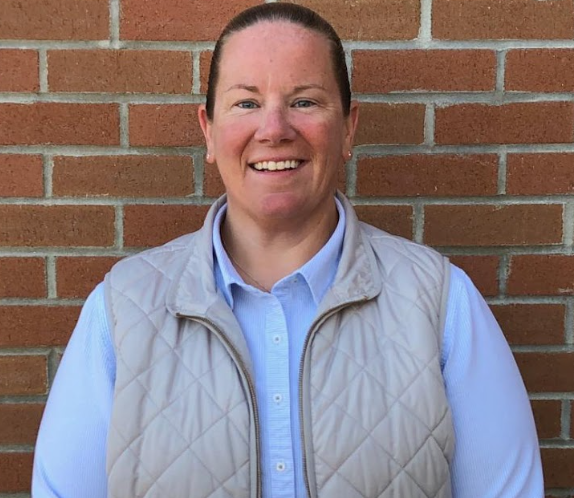Increase in Our Elderly and Reasons for Concern
October 26, 2016
Research has shown that from the year 2000 to the year 2050, the number of elderly adults will rise from 12.5% to 20% of the population in the Unites States. The reason people are living so much longer can be contributed to many factors. Some of these factors include: better nutrition, increased safety, and improved medical care. Even though it is wonderful to be able to live a long life and enjoy the pleasures of seeing your family grow throughout the generations, such a dramatic increase is also a great cause for concern.
Adults who will live to age 65 and older is predicted to rise from 19 million to 54 million by 2020. Adults expected to live to 85 years and older will also increase substantially. These dramatic increases will have significant implications in society.
The effects of such an increase will have a long-lasting impact on the United States healthcare system. We can expect a shortage of healthcare workers that assist the elderly. We will need to encourage and increase workers for the elderly and provide skills training. We also need to recognize other factors including the need for increased technology, a need for increased health care services, a need for increased settings that provide care to the elderly, the effects this increase will have on medical insurance including Medicare and supplemental insurance, the need for more physician assistants, nurse practitioners, and specialized field doctors practicing in long term care settings, the need for increased transportation, the need for increased home health aides and assisted living homes, and the need for increased nursing home facilities. We need to acknowledge that a new model must be devised with an emphasis on preparation and quality care.
This recognition and concern arose for me out of personal
experience. Every Saturday I visit my great grandmother at her current nursing home. I have spent every Saturday with my great grandma since I was born and I have watched the natural progression of her aging and what impacts that had on her quality of life.
My great grandmother used to be able to live independently in a senior citizen complex with fixed rent, laundry on the premises, and a club for social gatherings. She was able to remain there until age 89. At 89 it became apparent that she could not live independently anymore and after numerous falls and heart attacks we moved her to an assisted living home. The choices were not many and they all have the same pros and cons to them. As a family, it was an extremely difficult decision but with everyone working or in school full time we could not provide her with the level of care and supervision that she required now. My great grandmother spent many years in this assisted living home. It was hard to leave her there, but we knew she could be supervised and her medications could be monitored. We were not happy with many things at this facility including response time when she needed care, the suspected damaging, losing, and stealing of her property, mistreatment through verbal comments or rough handling leaving marks on her, lack of quality activities, poor food, lack of cleanliness, and not enough staff to meet the needs of all the residents.
After several years, we were asked to move my great grandmother from the assisted living home to a nursing home because her needs had increased. She could no longer use a walker and required a wheelchair. She required assistance for toileting and showering. She continued to fall frequently in any attempts she made to get up, so even though we saw many people in the assisted living home with greater needs than my great grandma we felt they were asking her to leave because the falling was a liability for their facility.
My great grandmother now resides in a nursing home, but not much has changed. The food is still of poor quality, there is a shortage of staff to meet the needs of all the residents, the wait for care is still long, the physical handling of my great grandma is rough still leaving marks on her, and she is still limited to the few activities they provide there. My great grandmother is now 96 years old and has dementia without aggression or agitation. She needs hearing aids; however, they are always being sent out to be repaired and take months to be returned, which we feel contributed to her loss of ability to engage in conversations for so long that it affected what was always a “sharp mind.”
My great grandma lived a fulfilling life, but also one that deserves admiration. Besides being a constant support to her own family, my great grandma was the foster mother to many children throughout her life. She is selfless and caring. She deserved a better end to her life than this. I know I speak for my whole family when I say that this has broken our hearts and continues to do so every time we visit her and witness the poor quality of care. What can a family do when the resources are not there, when finances are strained, and when all family members are employed or in school full time? Due to my personal nightmare, I acknowledge the need for increased quality care for our elderly now and in the future. I hope for a new model that addresses all the factors, flaws, and future implications. In the meantime, I will continue to see my great grandma every Saturday and know that on that day and for that time she is well fed, dressed well, handled gently, and talked to in a human and loving manner.











